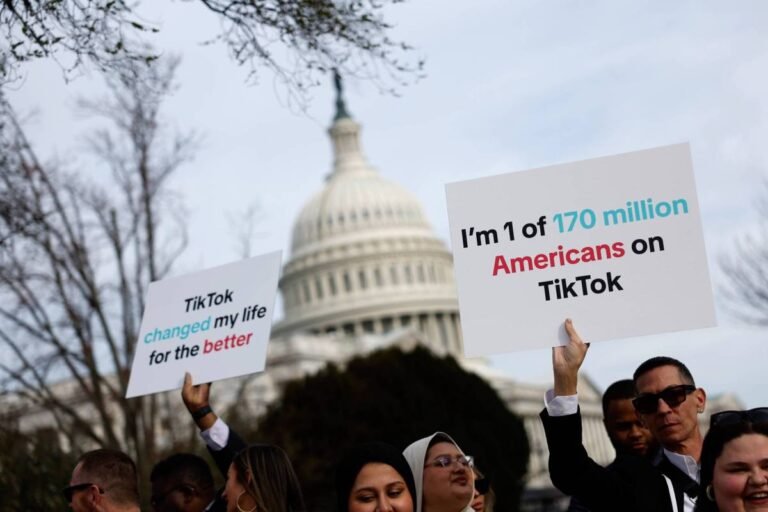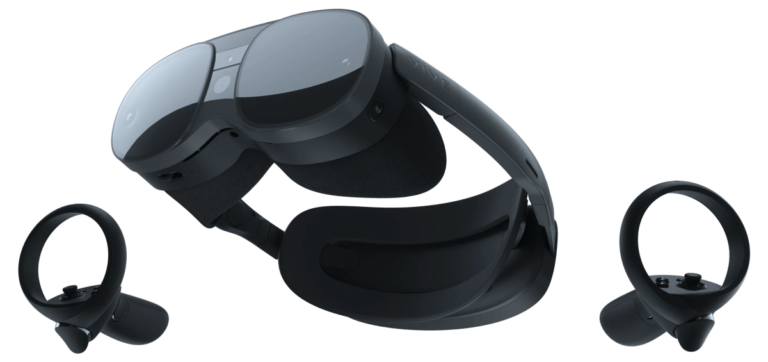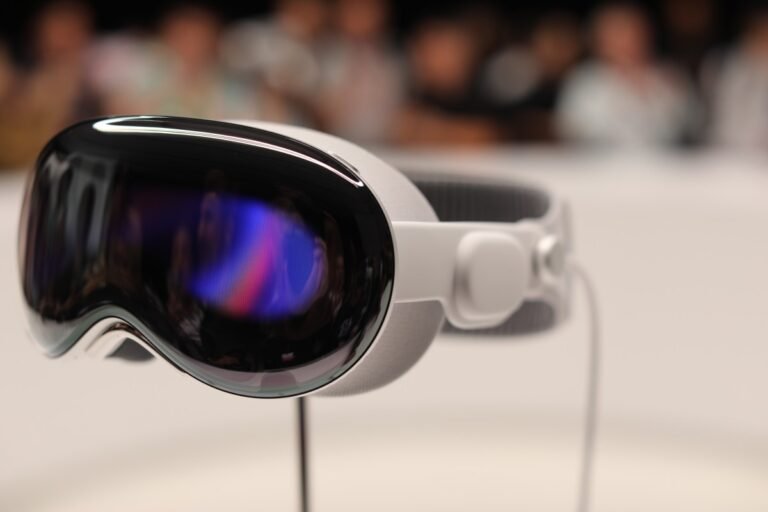
A few months after its launch, how is Apple’s Vision Pro faring?
I am a long-term bull on augmented reality, virtual reality, and face-computers in general.
So it is to my partial chagrin that the hype around the Apple Vision Pro has faded more rapidly than I anticipated.
But I anticipated the Apple brand to keep the hardware in the news — and atop our collective minds — longer than it managed after its launch.
I find it archaic that my monitors are akin to digital chalkboards when they should be built into my glasses.

Zaver now has $30 million to make it a realityWe last checked in on Zaver, a Swedish B2C Buy-Now-Pay-Later (BNPL) provider in Europe, when it raised a $5 million funding round in 2021.
The company has now closed a $10 million extension to its Series A funding round, bringing its total Series A to $20 million.
Total investment to date stands at $30 million.
In Europe, Zaver competes on BNPL with Klarna, PayPal, and incumbents such as Santander and BNP Paribas.
However, Zaver’s schtick is it claims it can assess the risk on BNPL cart sizes of up to €200,000 in real time due to its risk assessment algorithms.

TikTok users, however, are not taking the changing political winds — and their consequences — sitting down.
TechCrunch spoke with several TikTok users that are incensed about, and fighting back against the potential ban of TikTok.
But while the talk of a possible ban is getting all the press, what about the potential of TikTok simply being divested from its parent company, Bytedance?
That would resolve the United States’ government’s issues, right?
So, the bill may have two tracks in it for TikTok, but it could really just be a single-issue law in practice.

Mindfulness and meditation apps have tremendous potential in the world of extended reality.
The full immersion created by headsets like the Meta Quest and Apple Vision Pro offer great potential to kickstart such practices, which are notoriously difficult to both begin and maintain.
As such, partnership between leading meditation app Headspace and Quest-maker Meta is a no-brainer.
At the very least, the experience seems engaging in a way not normally associated with meditation apps.
The app is available now for Meta Quest 3, Meta Quest 2 and Meta Quest Pro.

A lot has changed at HTC in the decade since a small team broke off to form its mixed reality division.
These days, the mixed reality business comprises the “vast majority” of HTC’s global business, says Dan O’Brien.
Ultimately, however, the consumer business has shrunk dramatically relative to its enterprise offerings.
In recent years, Vive has expanded from a VR focus to mixed reality, utilizing passthrough technology similar to the kind found on the Vision Pro.
We’re not there yet, but we definitely see that helping to develop the virtual reality space.

PlayStation VR often gets overlooked in conversations about mixed reality.
The Japanese electronics giant this week confirmed plans to give the PS VR2 a new lease on life, as it has begun testing PC compatibility.
Content has always been an issue for mixed reality, but opening up the headset to Windows titles would suddenly bring in a flood of new experiences overnight.
PlayStation exclusivity is likely a big part of the reason PS VR often doesn’t feel like a part of the broader mixed reality conversation.
Opening up to PC titles will certainly help PS VR on both of those fronts.

Lucid Motors plans to build just 9,000 electric vehicles in 2024, only 500 to 1,000 more than it made in 2023, as it struggles with demand for its luxury sedans.
And it’s a sign of the brutal reality Lucid now faces: that it’s still scrambling to find buyers and losing money on every EV it builds.
The modest projection comes a few days after the company slashed the prices of its Air sedan by $8,000.
The Gravity is one of the reasons Lucid originally forecasted being able to make and ship 90,000 vehicles in a few short years.
In fact, in the presentation Lucid used to promote its 2021 merger with a special purpose acquisition company, it predicted the Gravity would outsell the Air sedan in 2024.

Netflix isn’t planning on releasing a dedicated app for the Apple Vision Pro, nor will the company modify its iPad version to run on the headset.
Instead, users will have to resort to the web version, meaning they can’t access features like downloading titles for offline viewing.
“Our members will be able to enjoy Netflix on the web browser on the Vision Pro, similar to how our members can enjoy Netflix on Macs,” a Netflix spokesperson said in a statement provided to TechCrunch.
One user wrote:Mixed reality headsets are still niche products and Netflix likely believes the Vision Pro won’t be a huge hit with customers – at least not right away — especially given the outrageous price point ($3,500).
The Apple Vision Pro will be available for purchase on February 2 and will include the ability to download and stream movies and TV shows from popular services like Disney+, Apple TV+, Max, Discovery+, Paramount+, Prime Video, Peacock, Pluto TV and Tubi, among others.

The pace at which new billion-dollar startups are minted is in freefall, according to data from Forrester Research. In 2018, only 17 startup companies reached that milestone, marking the lowest…

OXOS Medical is looking to solve the problem of a diminishing number of radiographers by creating a “radiology department in a box” that can be installed at any location. This…













